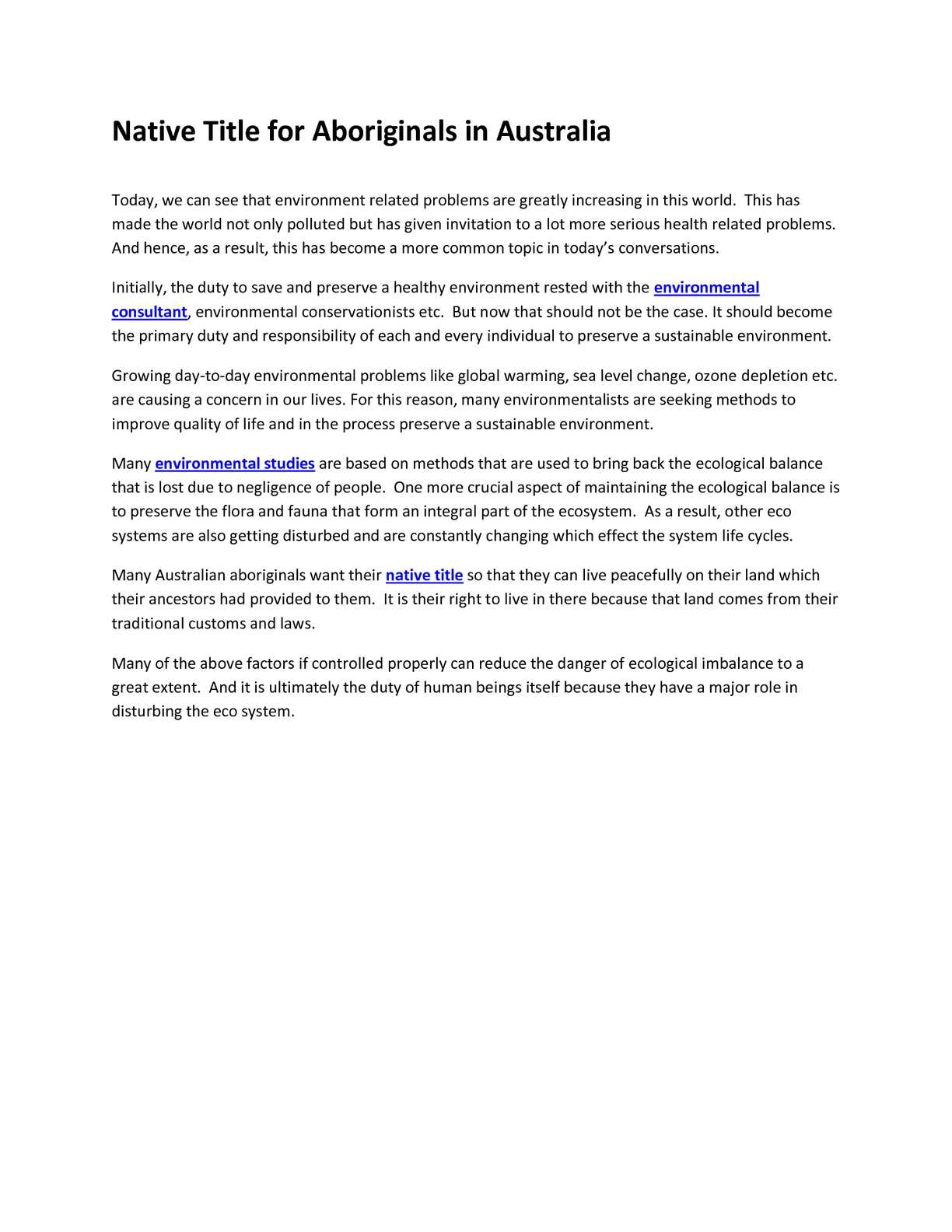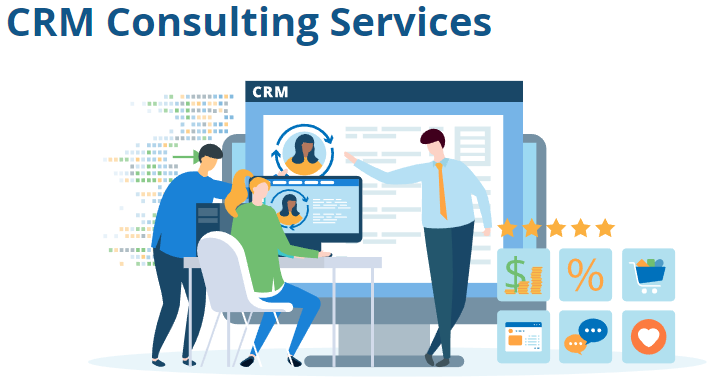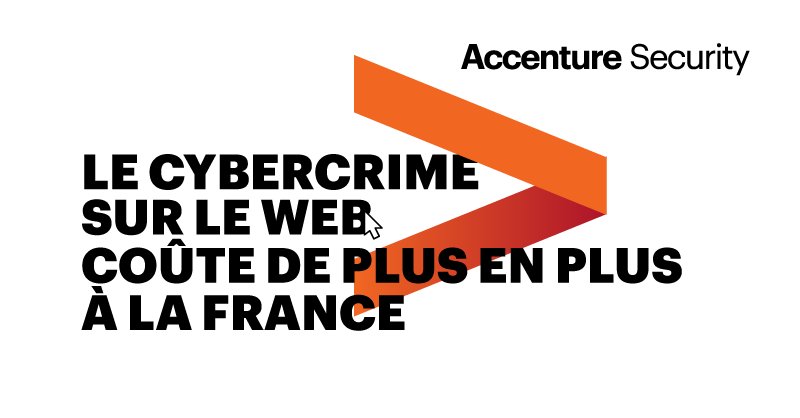
An environmental specialist is someone who monitors and reports on the health of air, water and noise pollution. They are frequently called upon to aid in the prevention and treatment of emerging diseases and natural catastrophes. You will learn more about the job's responsibilities and specific duties. Continue reading to find out more about what a day looks like for an environmental health practitioner.
Environmental health professionals monitor noise, water and air pollution levels
The job of environmental health professionals is to monitor and control pollution in the environment, including water, air, and noise. They use data analysis to determine the causes of pollution and how to reduce it. They may work for government agencies, consulting firms, or industry. Environmental health practitioners who work for consulting firms may focus on a specific geographic area or assess the safety of a particular site. Working for industry, environmental health specialists often travel to different industrial locations and perform assessments. Sometimes, environmental health professionals may be involved in disaster relief efforts. They race to disaster locations to assess hazards and accelerate cleanup efforts.
The majority of environmental health professionals have a four years college degree in a science subject. In order to become certified, certain states require that they have some experience and pass the licensing exam. Many environmental health practitioners also hold a master's degree in environmental health science. In addition, most environmental health degree programs are accredited by the National Environmental Health Science and Protection Accreditation Council, which helps ensure a skilled workforce.

They advise businesses on legal obligations
An environmental health practitioner advises businesses about their legal obligations concerning health and the natural environment. They work together with other professionals in order to ensure that standards and pollution levels remain low. These environmental health practitioners often work under extreme pressure and with tight deadlines. These practitioners may work for a variety of different clients, from manufacturers and service companies to restaurants and shops.
A course must be completed in order to become an environment health practitioner. You will need to pass a professional exam as well as complete an extensive portfolio of experiential learning. This portfolio can be either part of your degree programme, or you can complete it after graduation. You should take many math, life science, and physical sciences courses during your studies. It is important to get as much practical experience as possible, such as volunteering at public health agencies or designing science fair projects related to pollution.
They will advise on safety and health standards in the workplace
Environment health professionals are trained in identifying and controlling hazards that might affect human health or safety. They can work for government agencies, or in commercial or industrial enterprises. They might also be self-employed. They may be responsible for advising on safety and health standards at work and implementing policies to protect people's health.
An environmental health professional's job is to make sure that safety and health standards are followed, as well protecting the environment. They provide education and supervision to ensure standards are met. Depending on their level of specialization, these professionals may also be called environmental health officers. Their primary responsibility lies in promoting healthy environments and decreasing health hazards. They are responsible for food and water monitoring, investigation and prevention.

They offer their advice on climate changes
An environmental health practitioner advises on climate change, the environment and health. This work is often done in partnership between the public and private sector. They are responsible for the prevention of communicable disease, water quality, food safety and monitoring premises. Environmental health practitioners are also responsible for vector control and environmental pollution control.
Many environmental health professionals work in government agencies or engineering plants. This often requires them to travel. Their job description is a complicated one that involves several skills. It is important to preserve the public's health and reduce pollution.
FAQ
How much do consultants make?
Although some consultants can make more than $100k annually, the majority of consultants earn between $25-$50k. The average consultant salary is $39,000 This includes both salaried and hourly consultants.
Salary depends on the experience of the consultant, their location, industry, type and length of the contract (contractor or employee), as well as whether they have their own office or work remotely.
Which industries use consultants?
There are many types of consultants. There are many types of consultants. Some specialize in one type of business, while others can handle multiple areas.
Some consultants work only for private companies, while others represent large corporations.
Many consultants also work internationally to assist companies from all corners of the globe.
Do I have to pay tax on consulting income
Yes. Taxes will be charged on consulting profits. This amount will depend on how much you earn each year.
If you're self employed, you can deduct expenses beyond your salary.
But you won't be able to deduct interest payments on loans, vehicle depreciation, or the cost of equipment.
If you earn less than PS10,000 per year, 25% can be claimed back.
However, even if your earnings exceed this threshold you may still be subject to tax depending on whether or not you are a contractor or an employee.
The tax system for employees is PAYE (pay-as-you earn), while VAT is applied to contractors.
Statistics
- On average, your program increases the sales team's performance by 33%. (consultingsuccess.com)
- 67% of consultants start their consulting businesses after quitting their jobs, while 33% start while they're still at their jobs. (consultingsuccess.com)
- WHY choose me: Why your ideal client should choose you (ex: 10 years of experience and 6-week program has helped over 20 clients boost their sales by an average of 33% in 6 months). (consultingsuccess.com)
- So, if you help your clients increase their sales by 33%, then use a word like “revolution” instead of “increase.” (consultingsuccess.com)
- According to IBISWorld, revenues in the consulting industry will exceed $261 billion in 2020. (nerdwallet.com)
External Links
How To
How To Start A Consultancy Company, And What Should I Do First?
Starting a Consulting Company is a great way to make money online from home. You don't have to have any business experience. A good place to start your own consulting company is to build a website. Once you've built a website, you'll want to use social media platforms such as Facebook, Twitter, LinkedIn, Instagram, Pinterest, YouTube, etc... to get the word out about your services.
With these tools, you can put together a marketing plan that includes things like:
-
Content creation (blogs).
-
Building relationships (contacts)
-
Generating leads, also known as lead generation forms
-
Selling products on e-Commerce websites
Once you've developed your marketing strategy, you'll need to find clients who will pay for your services. Some prefer to connect with people through networking events. Others prefer to use online resources like Craigslist and Kijiji. It's up to you to make the decision.
Once you have secured new clients, you will need to discuss terms with them and their payment options. You can discuss hourly rates, retainer agreements, flat fees, and other options. You need to be clear about what you expect of a client before they accept you as a client.
Hourly agreements are the most common contract type for consultancy services. This contract allows you to pay a fixed amount each week or month for certain services. You may be able negotiate discounts depending on what service you offer. Before you sign a contract, ensure you understand everything.
Next, create invoices for your clients and send them. Invoicing is one of those things that seems simple until you actually try it. You have many options to invoice your clients. Some people prefer to email their invoices directly, while others prefer to mail them hard copies. No matter which method you choose to use, it is important that it works for you.
After creating invoices are complete, you will need to collect payments. PayPal is popular because it is easy to use, offers several payment options, and most people prefer it. There are many other payment options, such as Square Cash, Square Cash and Google Wallet.
Once you're ready for collecting payments you'll need to set up bank account. You can track income and expenses separately by having separate savings and checking accounts. Automated transfers into your bank account are a great way to pay bills.
When you start a consultancy business, it may seem overwhelming, but once you learn how to do it correctly, it becomes second nature. This blog post will provide more information about starting your own consultancy business.
It's a great way for extra income without having to worry about hiring employees. Many consultants work remotely. They don't have any need to deal with office politics, long hours or office politics. Because you don't have to work a set number of hours per week, you can be more flexible than a traditional employee.